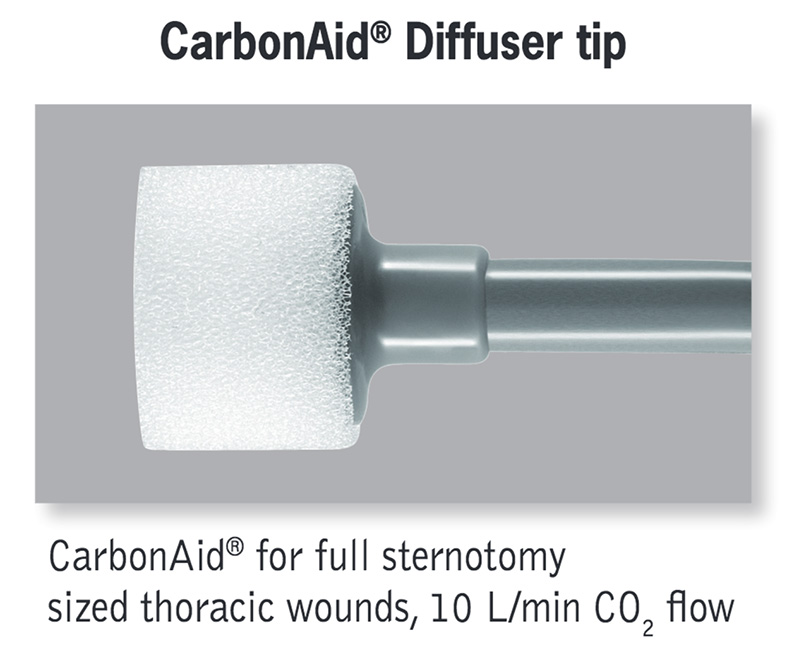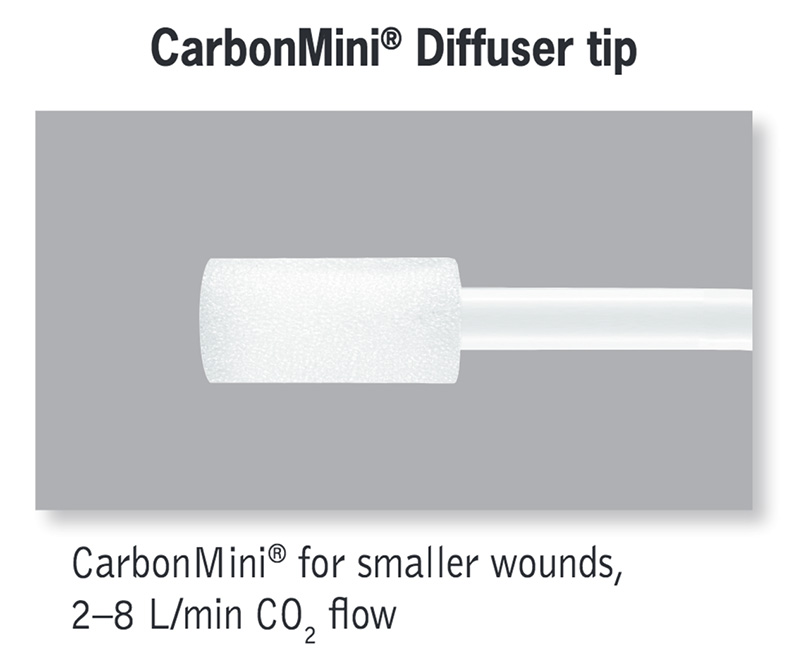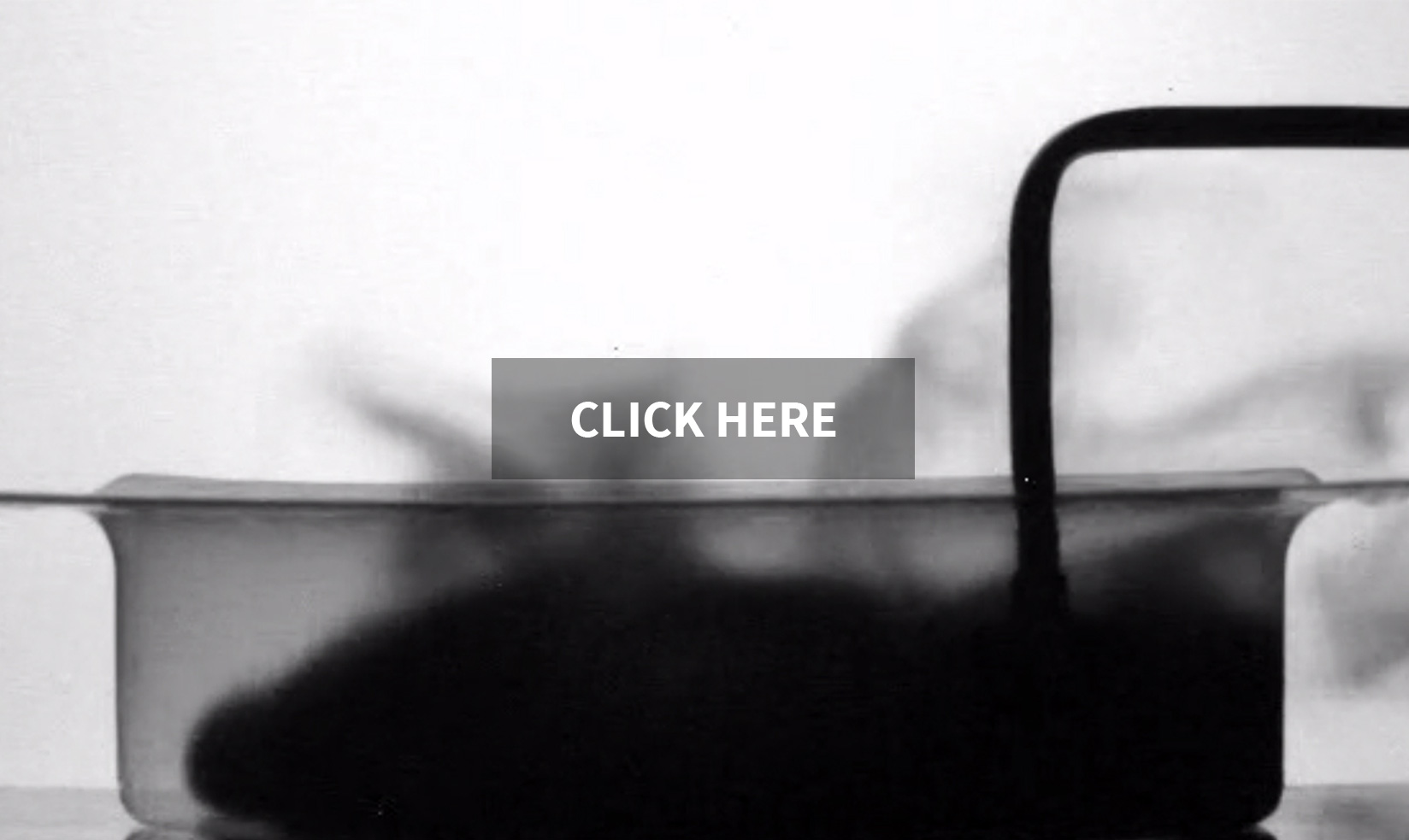Successfully reduce air emboli during open heart procedures
Sizes for adult and pediatric surgery
The CarbonAid Carbon Dioxide, CO2 Diffuser is clearly a beneficial adjunct to open heart surgery any time the heart is opened, especially for valve surgery, the advantage of a consistent, non-turbulent CO2 atmosphere for the heart is an obvious improvement for patient recovery because air microemboli are greatly reduced.
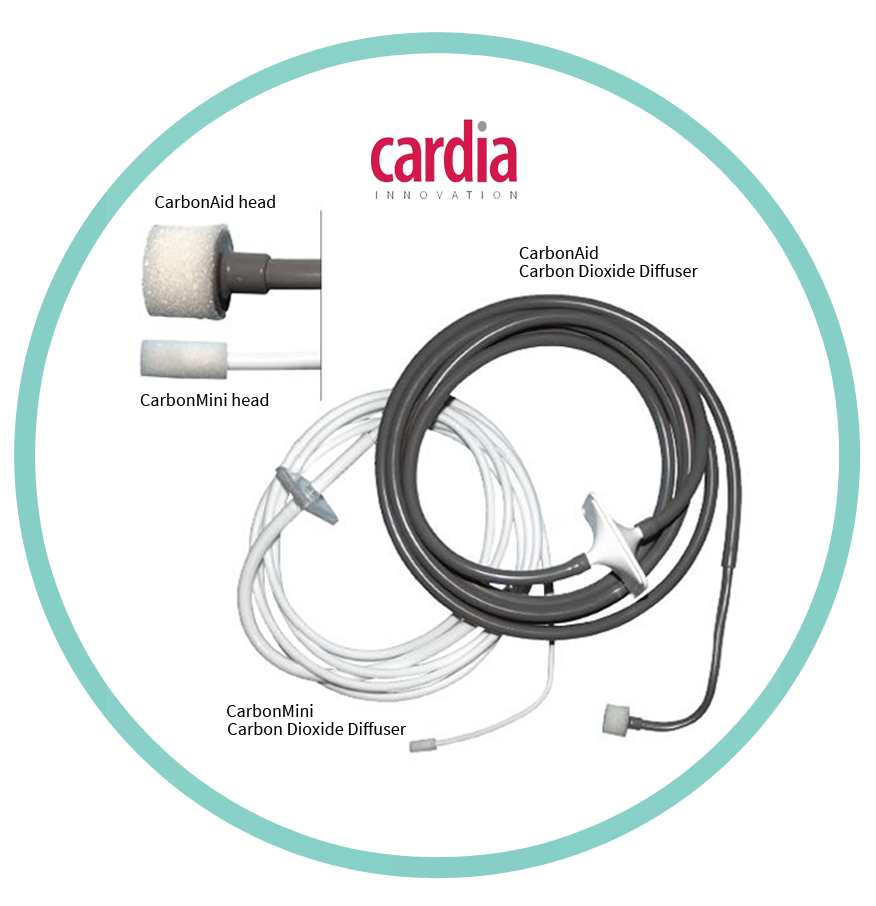
Provides Complete De-Airing
Air bubbles normally occur during open heart surgery. CarbonAid and CarbonMini
provide complete de-airing, thereby preventing air bubbles from developing during open
heart surgery. The CO2 concentration will be close to 100 %.
Incomplete De-Airing
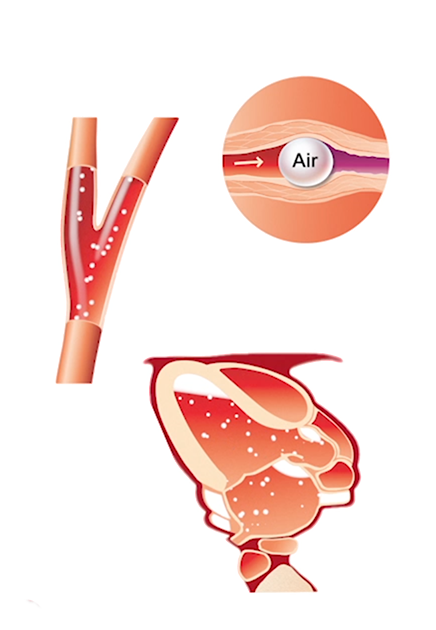
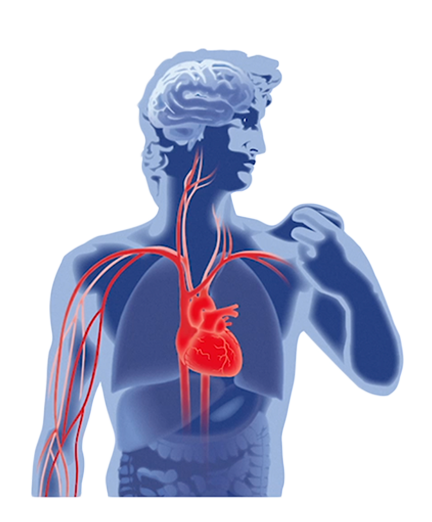
Complete De-Airing
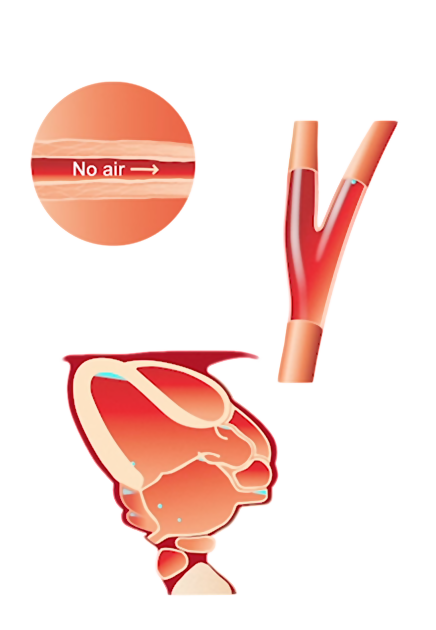
Reduction of air emboli decreases Operative Time
Reduction of air emboli decreases operative time by as much as 15 minutes per case if there are few or no air bubbles present after cardiac closure.
Endocarditis reduction decreases hospital costs
Treatment of endocarditis is estimated to cost between $47,577 to $98,294. Use of the CarbonAid CO2 diffuser can reduce surgical infection thus offsetting its cost.
Reduction of microemboli from cardiac wound insufflation
A mere decrease of the number of microemboli had a beneficial effect, wheras CO2 insufflation not only decreases the number of emboli but also decreases the harm they can do.
De-airing of the cardiothoracic wound or cavity
In studies, a gas-diffuser with a carbon dioxide flow of 10 L/min, the gas provided efficient air displacement (1% remaining air) in a cardiothoracic wound cavity.
Two sizes of CO2 diffusers – cover all wound sizes


• When CO2 is insufflated without turbulence a protective cushion is built up¹??
• The continuous overflow of CO2 will repel and transport away small particles, this decreases the rate of airborne contamination¹??
• Bacteriostatic effect of CO2¹.
Ineffective open ended tubing

Two sizes of CO2 diffusers – cover all wound sizes
During open-heart surgery through a full sternotomy, a CO2 flow of 10 L/min from the CarbonAid® is needed to generate continuous effective de-airing despite hand movements and use of suctioning devices. For smaller sized wounds a CO2 flow of 3–8 L/min is, with the smaller CarbonMini®, sufficient for efficient de-airing. Both products delivers CO2 without turbulence, which is essential to avoid admixture of ambient air. This is valid also when the foam tip is wet ³,?.
The distal part of the products consists of malleable tubing so that the diffuser tip can easily be positioned inside the wound cavity. Each product also contains a highly efficient bacterial filter and a long tubing for connection to a CO2 flow meter.
